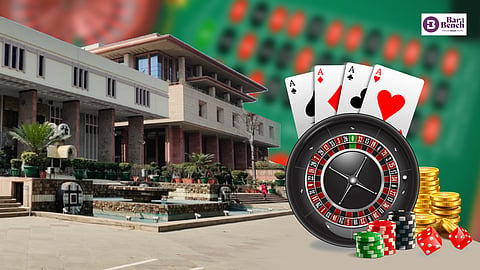Bagheera Carrom (OPC) Private Limited, an online carrom game platform, has moved the Delhi High Court challenging the recently introduced the Promotion and Regulation of Online Gaming Act, 2025 which bans online real money games [Bagheera Carrom (OPC) Pvt. Ltd. v. Union of India].

